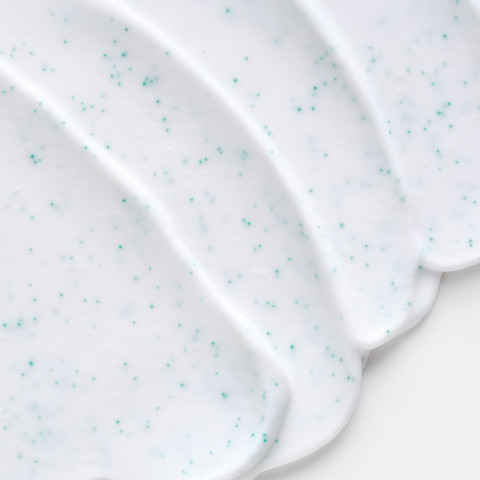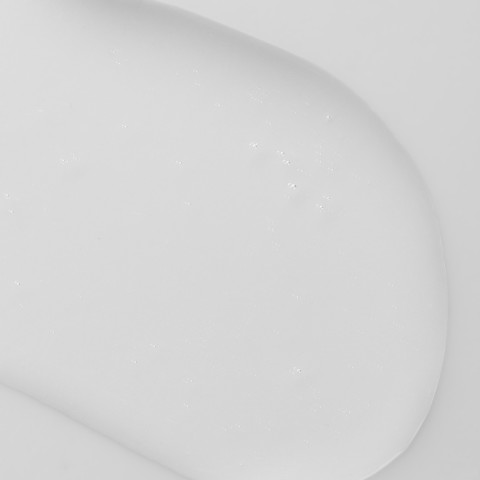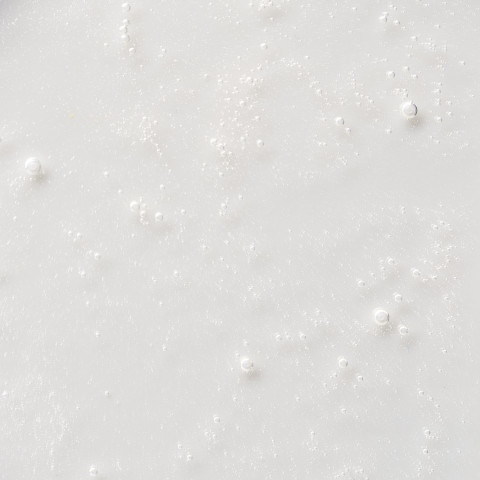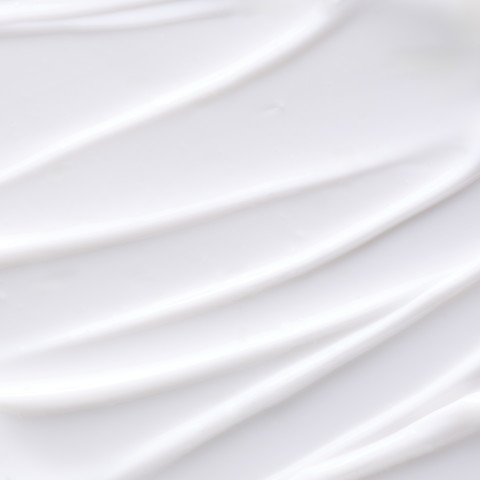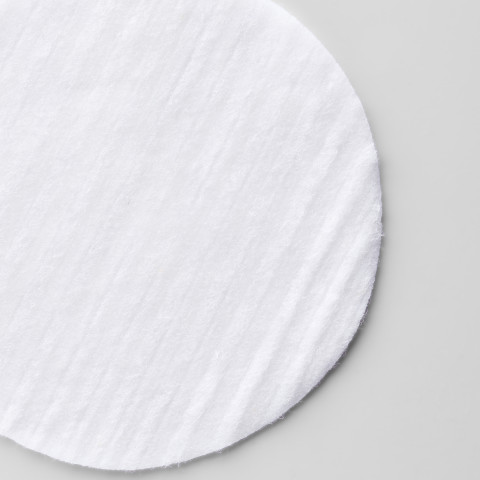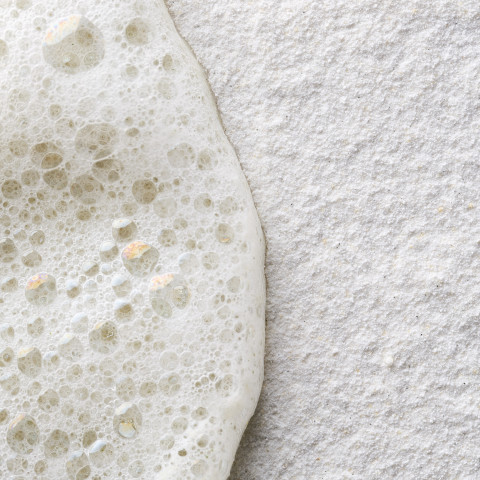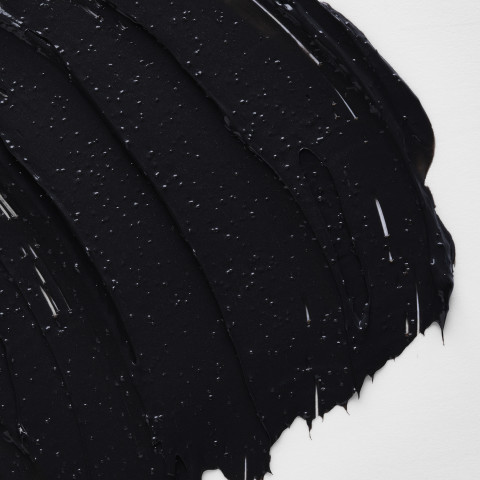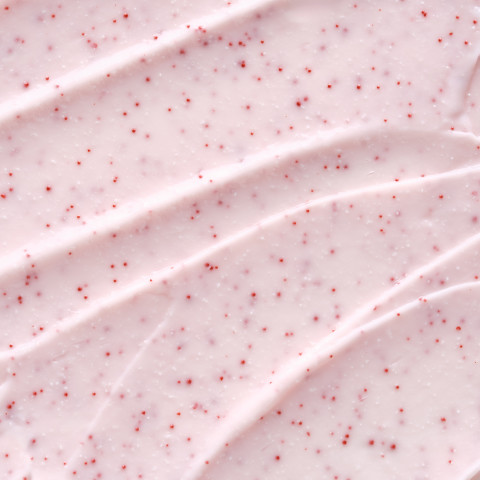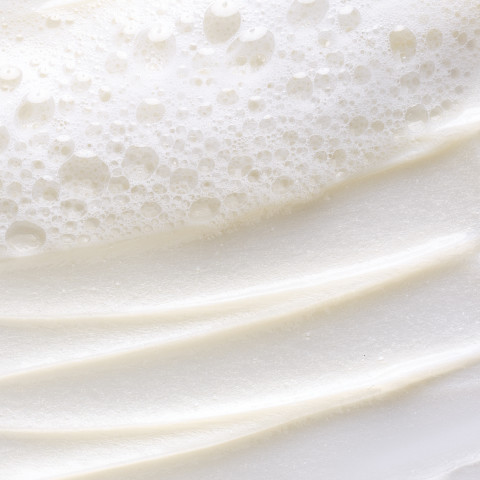
Face Exfoliators and Peels
10 Items








Kit Exfoliating & Nourishing Mini Duo
Face Scrub and Nourishing Cream Set

Viewing 10 of 10 results
Face Exfoliators and Peels
Our effective and safe chemical and enzymatic peels help remove dull skin and correct visible signs of aging to reveal a smooth, fresh look. If you have oily, impure skin, alleviate clogged pores and reduce the risk for breakouts with an exfoliating facial scrub.
Regular exfoliation is such an important step in any skincare routine. Face exfoliators come in many forms, including scrubs and peels. Over time, dead skin cells, dirt, and oils can build up in the pores and on the surface of the skin. If you don’t take steps to scrub away these impurities on a regular basis, it can result in clogged pores, breakouts, and dull-looking skin. Using a face exfoliator or peel helps to shed away the dead skin cells and make room for the new healthy skin that lays beneath.
FAQs
Face exfoliators and peels both offer unique benefits. Determining which is better for you will depend on several factors including your skin type and the specific skin issues you hope to address. You’ll also want to pay close attention to the ingredient label when selecting a face exfoliator or peel. Anyone with sensitive skin should be particularly cautious when selecting skin care products since scrubs can cause additional irritation. The Skin Regimen Lx Enzyme Exfoliator is suitable for all skin types—it helps to remove dead skin cells to reveal a glowing complexion and it has been tested on sensitive skin.
The term “face exfoliators” may be used to describe exfoliating skin products that use chemical or physical exfoliation. The term “peels” specifically refers to those that use chemicals to exfoliate the skin. Exfoliation is the process of washing away dead skin cells that sit on the upper surface of the skin. This can be done using a scrub that physically exfoliates the skin using coarse ingredients like salt or sugar or it can be done using a chemical peel. Peels use special ingredients like enzymes and acids to help the dead skin cells “peel” away.
Exfoliating your face regularly helps to brighten the skin, unclog pores, prevent breakouts, and reduce signs of aging. Because exfoliation helps to remove dead skin cells and dirt that sits on the surface of the skin and improves circulation, it gives the skin a brighter and more youthful look. By keeping the skin cleaner, regular exfoliation can also help prevent acne breakouts in acne-prone skin.
You’ll want to exfoliate regularly to experience real results from using face exfoliators and peels but you also want to be sure not to over-exfoliate either. How often you should exfoliate depends on your skin type. In general, you can exfoliate your skin anywhere from one to four times per week. If you have dryer skin you should exfoliate less often and if you have oilier skin you may be able to handle exfoliating up to four times per week. We always recommend listening to your skin. Pay attention to how your skin reacts when you exfoliate it and plan your regimen based on that.
Opting for a face exfoliator that contains natural and gentle ingredients is going to yield the best results. The Essential Scrub is made with 96% natural ingredients including jojoba oil, silica particles, and betaine.
